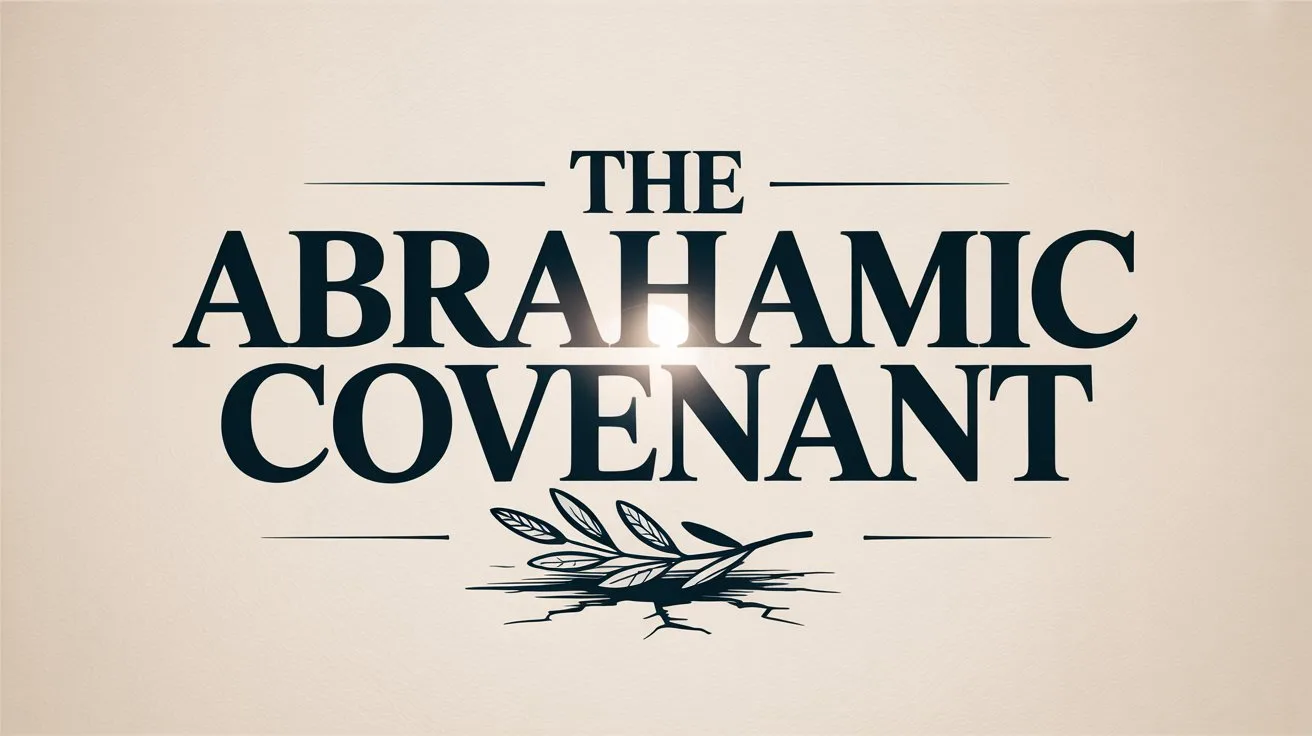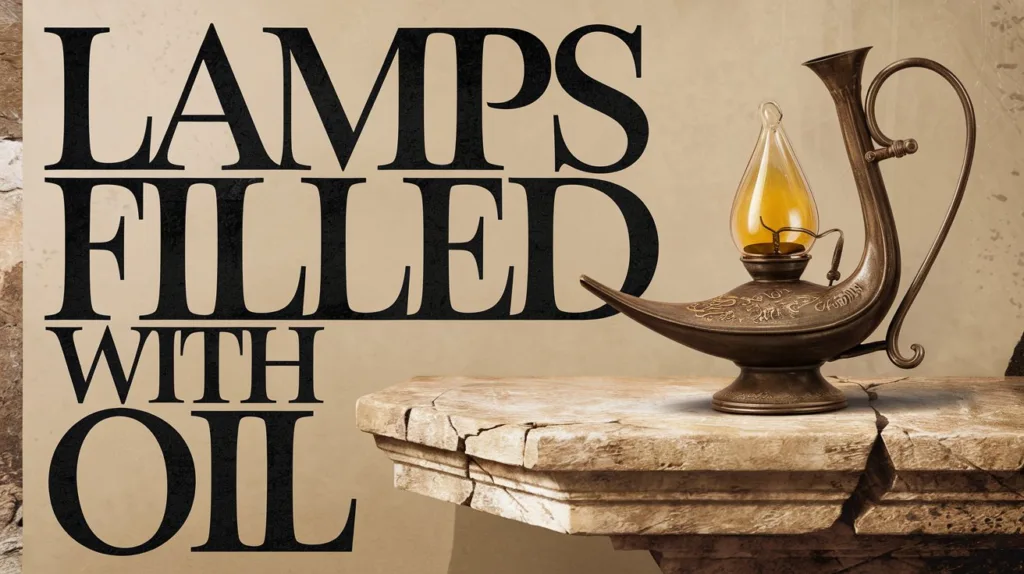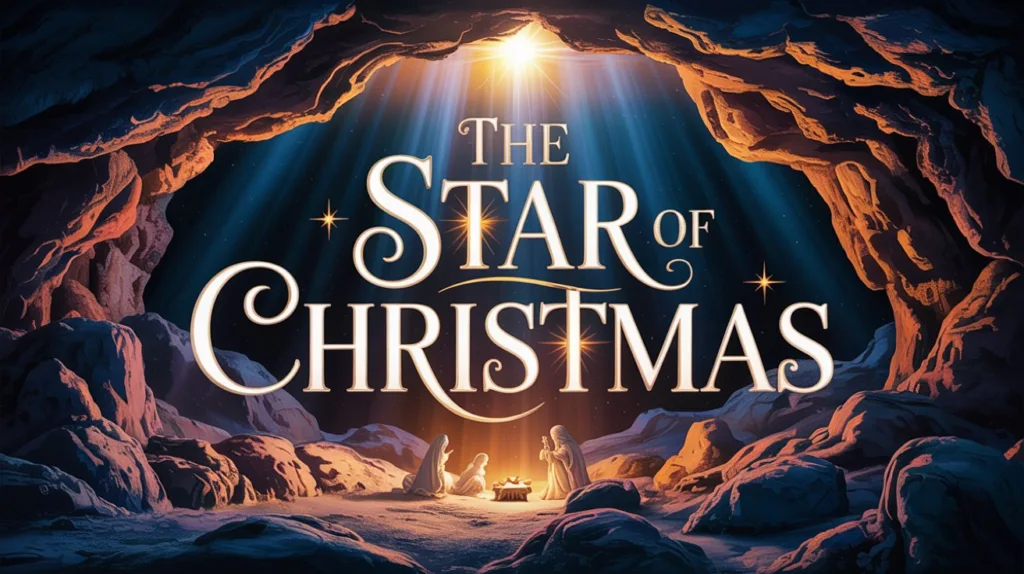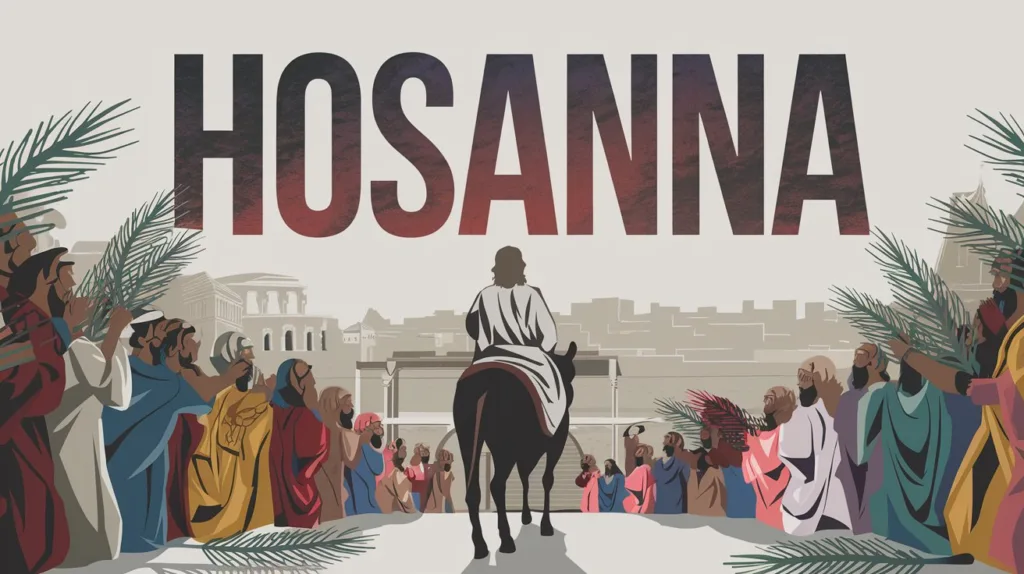The Abrahamic Covenant stands as one of the most pivotal moments in redemptive history. It is the covenant of promise, the foundation upon which God builds His plan of salvation. Through this covenant, God chooses a man, a family, and ultimately a nation through whom the Messiah would come. This covenant reveals God’s grace, faithfulness, and eternal purpose. Let’s explore when it was made, why it matters, and what it means for us today.
God Calls Abram
The Abrahamic Covenant begins with God’s call. Abram (later Abraham) was living in Ur of the Chaldeans when God spoke to him. The world after the flood had again fallen into idolatry (Joshua 24:2). God, by grace, chose Abram to be the father of a new nation, a people set apart for His glory.
“Now the LORD had said to Abram: ‘Get out of your country, from your family and from your father’s house, to a land that I will show you. I will make you a great nation; I will bless you and make your name great; and you shall be a blessing.’”
(Genesis 12:1–2)
This is the beginning of God’s covenant promise. Abram obeyed by faith, leaving everything familiar to follow God’s word (Hebrews 11:8). The call was not merely personal, it was redemptive. Through Abram, God would bring blessing to the entire world.
The Covenant Confirmed
Though God spoke promises in Genesis 12, He formalized the covenant in Genesis 15. Here, God reassures Abram after years of waiting for a son:
“After these things the word of the LORD came to Abram in a vision, saying, ‘Do not be afraid, Abram. I am your shield, your exceedingly great reward.’”
(Genesis 15:1)
Abram expresses his concern about being childless, and God responds with an unforgettable promise:
“Look now toward heaven, and count the stars if you are able to number them… So shall your descendants be.”
(Genesis 15:5)
Then comes a foundational verse in Scripture:
“And he believed in the LORD, and He accounted it to him for righteousness.”
(Genesis 15:6)
This verse becomes the basis for Paul’s teaching on justification by faith (Romans 4:3; Galatians 3:6). Abram’s righteousness was not earned by works, but credited by faith. The covenant ceremony that follows is dramatic. God instructs Abram to prepare animals for sacrifice, and then God alone passes through the pieces in the form of a smoking oven and a burning torch (Genesis 15:17). This unilateral act signifies that the covenant depends entirely on God’s faithfulness, not Abram’s performance.
The Covenant Expanded and the Sign Given
Years later, God reaffirms and expands the covenant in Genesis 17. Abram is now 99 years old, and God changes his name to Abraham (“father of many nations”) and Sarai’s name to Sarah. The covenant includes specific promises:
“And I will establish My covenant between Me and you and your descendants after you in their generations, for an everlasting covenant, to be God to you and your descendants after you.”
(Genesis 17:7)
The promises of the covenant include:
A great nation (Genesis 12:2; 17:4)
A land inheritance (Genesis 15:18–21)
Blessing to all nations through Abraham’s seed (Genesis 12:3; Galatians 3:16)
The sign of this covenant was circumcision:
“And you shall be circumcised in the flesh of your foreskins, and it shall be a sign of the covenant between Me and you.”
(Genesis 17:11)
The Sign of Circumcision
The word used for “sign” here is the same Hebrew word ’oth we saw in the Noahic Covenant (Genesis 9:13). It means a distinguishing mark or token of a covenant. Just as the rainbow served as a visible sign of God’s promise to the earth, circumcision served as a visible sign in the flesh of Abraham’s descendants. Interestingly, this is the same word used for the mark of Cain (Genesis 4:15), a mark that conveyed identity and protection. In the case of Abraham, the mark of circumcision identified the covenant people of God and set them apart from the nations.
Circumcision symbolized cutting away the flesh and walking in purity before God. It was an outward sign pointing to an inward reality, faith and obedience. The prophets later emphasized that true circumcision was of the heart (Deuteronomy 10:16; Jeremiah 4:4), a truth Paul echoes in Romans 2:29. Ultimately, the physical sign anticipated the spiritual reality fulfilled in Christ, where believers are “circumcised with the circumcision made without hands” (Colossians 2:11).
The Covenant and God’s Redemptive Plan
The Abrahamic Covenant was never just about land or lineage. It was about Christ. Paul makes this clear:
“Now to Abraham and his Seed were the promises made. He does not say, ‘And to seeds,’ as of many, but as of one, ‘And to your Seed,’ who is Christ.”
(Galatians 3:16)
The covenant pointed forward to the Gospel. Through Abraham’s seed (Jesus Christ) all nations would be blessed. The covenant was unconditional in its ultimate fulfillment because it rested on God’s promise, not man’s performance. This is why Paul calls the Gospel the continuation of this covenant promise (Galatians 3:8–9).
What It Means for Us Today
Believers in Christ are called the “sons of Abraham” by faith (Galatians 3:7). The blessing of this covenant are justification by faith, adoption into God’s family, and inheritance of eternal life. These are ours through Jesus. We do not need to bear the sign of circumcision in the flesh, but we do bear the reality it pointed to: a heart set apart for God.
This covenant reminds us that salvation is by grace alone, through faith alone, based on God’s promise alone. Just as Abraham believed and it was credited to him as righteousness, so we are justified when we trust in Christ.
My Final Thoughts
The Abrahamic Covenant is the bedrock of biblical faith. It reveals a God who calls, promises, and fulfills. It points us to the Gospel, where the ultimate Seed (Christ) secures every blessing promised to Abraham. When you see the stars at night, remember the promise God made to a man who believed. And when you think of the covenant sign, remember that God always marks His people as His own.





 Get the book that teaches you how to evangelize and disarm doctrines from every single major cult group today.
Get the book that teaches you how to evangelize and disarm doctrines from every single major cult group today.